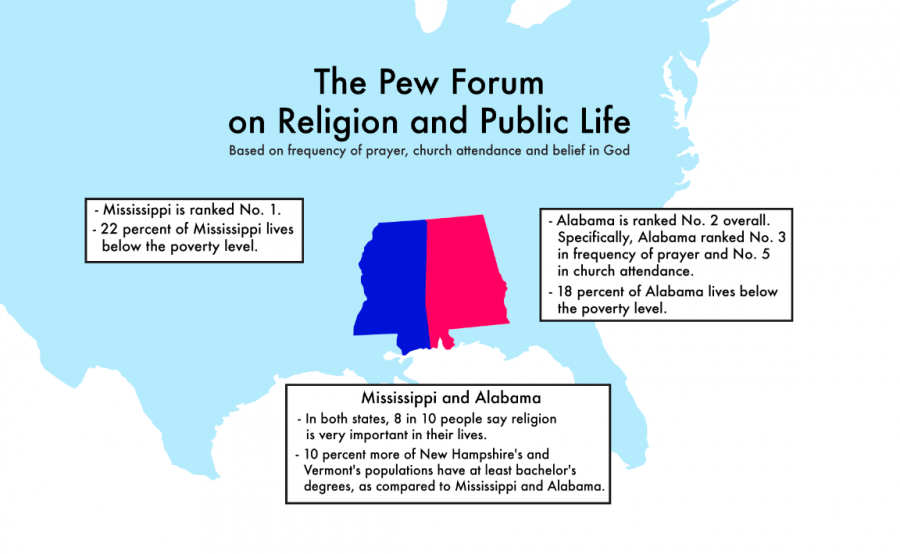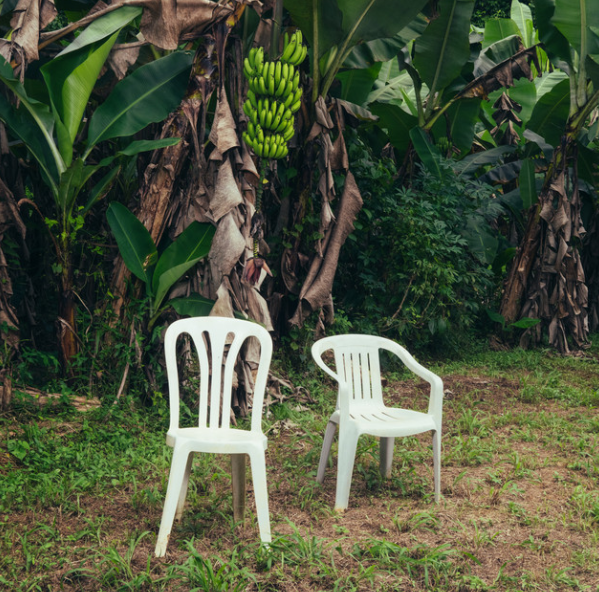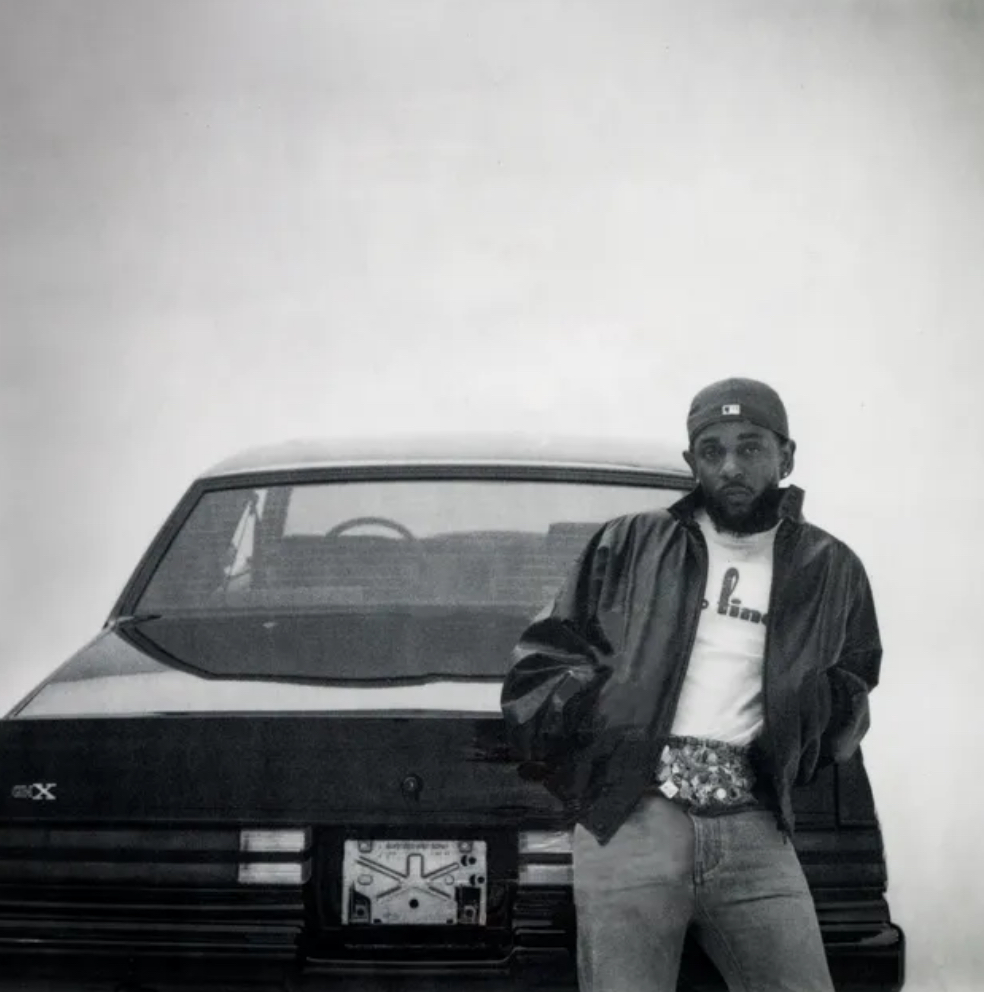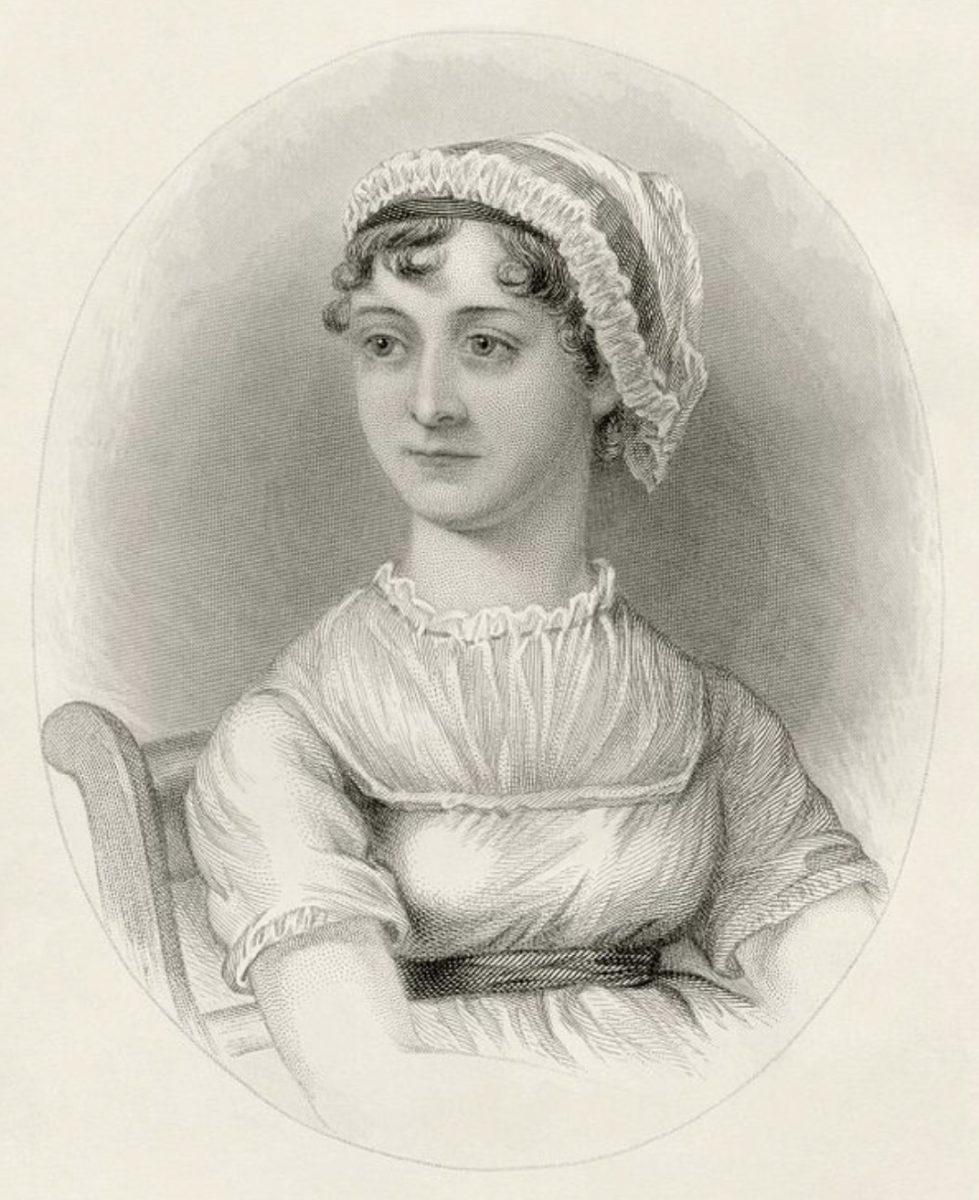Max Elefson doesn’t attend church in Tuscaloosa, Ala. He doesn’t attend church in his hometown of Princeton, N.J., except on holidays. He attended Catholic school at Princeton Academy of the Sacred Heart, and that was enough to satisfy his religious needs, his father said.
“We’re ‘Chreasters,’” Elefson said. His family only attends church on Christmas and Easter.
Before moving to Alabama, Elefson, a University of Alabama freshman, said he heard Tuscaloosa was in the Bible Belt and that people were very religious.
Elefson said his friends in Tuscaloosa are more likely to attend church than his hometown friends. Most of his friends in New Jersey attended church as children with their parents but don’t attend as adults on their own, he said. The Pew Forum on Religion and Public Life ranked Elefson’s state No. 30 in importance of religion.
The forum found that people of the South find religion of more importance than those in the North. Mississippi and Alabama ranked as the top two while Vermont and New Hampshire came in at 46.
The Pew Forum ranked each state’s importance of religion based on frequency of prayer, church attendance and belief in God. Data for each was extracted from more than 35,000 interviews with American adults during the U.S. Religious Landscape Survey of 2007. States with too-small sample sizes were combined.
Mississippi ranked No. 1 in all criteria. Alabama ranked No. 5 for church attendance and No. 3 for frequency of prayer and belief in God, placing it at No. 2 for overall importance of religion.
Gallup posed the question of how important religion is in people’s lives in more than 11,000 interviews in four years and found that age, gender, education and income play major roles. The results showed that religion is more important to women and older Americans and less important to people with higher educations and higher incomes.
The poll found that women were more likely to find religion important than men, with 66 percent of women citing its importance compared to 51 percent of men. Religion also matters more to the older population than the younger, with less than 50 percent of Americans ages 18 to 29 reporting religion to be important and more than 70 percent ages 65 and older reporting religion to be important.
Gender and age, however, do not qualify as reasons for New Hampshire and Vermont ranking lower than Mississippi and Alabama. According to the U.S. Census Bureau, each of these states’ populations are made up of about half men and half women, and percentages for ages 18 to 29 and 65 and older are about the same.
Education and income differences do appear to have some influence, however. People below the poverty level account for about 18 percent of Alabama’s population and about 22 percent of Mississippi’s population. Only 11 percent of the population in Vermont and New Hampshire is below poverty level. About 10 percent more of Vermont and New Hampshire’s populations have at least bachelor’s degrees, compared to Alabama and Mississippi’s populations.
The Rev. Jerry Smith of Tabernacle Free Will Baptist Church in Northport, Ala., said he agrees that income and education may be reasons the South ranks higher. He said he believes money and education have replaced the importance of worshipping God.
“Evangelicals depend upon God as our source,” Smith said.
Smith said much of it also has to do with the fact that there is more Catholicism in the North. He said the Evangelical Baptist movement settled more in the South in the pioneer days, and Baptists are more openly religious than those of the Catholic faith.









